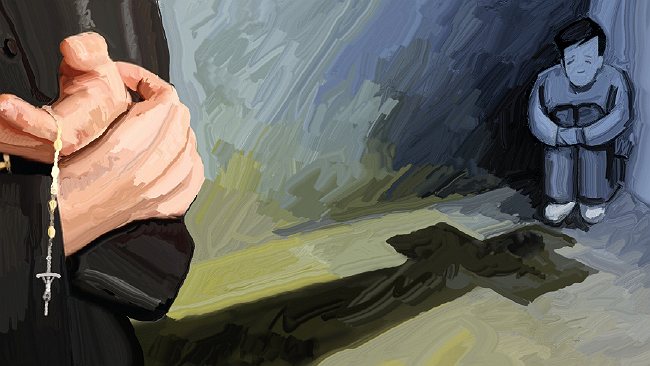
Facing financial problems and lawsuits from victims of sexual abuse, the Archdiocese of Milwaukee filed for Chapter 11 bankruptcy in 2011. A Creditors’ Committee composed of sexual abuse victims subsequently sought to void a transfer of $55 million from the Archdiocese’s general accounts to the cemetery trust, created after the archdiocese agreed to a $17 million settlement involving 10 victims abused by priests in California, as fraudulent or preferential under the Bankruptcy Code. When the victims sought those funds in the bankruptcy preceding, however, the archdiocese claimed that it had a religious liberty right not to use that money to compensate victims of sexual abuse. A federal district judge agreed with the archdiocese in 2013, but a bipartisan panel of the United States Court of Appeals for the Seventh Circuit reversed that decision on March 9, 2015. The Seventh Circuit’s decision means that the archdiocese will not be able to hide behind claims of religious liberty in order to avoid liability for the actions of its clergy.
Religious freedom became an issue after the archdiocese claimed that it had a Canonical obligation to “properly maintain in perpetuity” the cemeteries and mausoleums funded through the trust. If victims of sex abuse or other creditors are compensated out of these funds, “there will be no funds or, at best, insufficient funds, for the perpetual care of the Milwaukee Catholic Cemeteries” and thus the archdiocese claims that it will be unable to fulfill a religious obligation.
The Seventh Circuit rejected the claim that the archdiocese had a religious right to spend the trust’s funds on burial places and only on burial places. The court held that religious freedom cannot trump the rights of the archdiocese’s creditors and those of its clergy’s victims. It held that the archdiocese’s religious liberty claim would fail even under the strictest level of constitutional scrutiny.
The court noted that federal bankruptcy law, like Social Security, “’serves the public interest by providing a comprehensive … system with a variety of benefits available to all participants’ nationwide”. Just as Social Security “aids those who have reached a certain age or are disabled, the Code aids those who have reached a certain financial condition and who need assistance repaying or recovering a debt”. It added, “If religious objectors were able to opt out of parts of the bankruptcy code, which would undermine the comprehensive nature of that code. It would also lead to absurd consequences”.
The rule proposed by the archdiocese “would favor a dishonest debtor at the creditors’ expense,” by preventing courts from inquiring into whether a religious entity made a fraudulent transfer in order to dodge its debts. “This would undermine the compelling interest of the Code by allowing a debtor who has made preferential, fraudulent and avoidable transfers to intentionally harm its creditors.”
The court further explained, “If an exemption to the Code was created in the name of religious beliefs, we can envision scenarios in which individuals would join religious sects to circumvent the Code, all in the name of religion, and gain an ‘economic advantage over’ their secular competitors”.





brilliant idea to put black text on a dark background…
Maybe you have malware. I see black text on a white background, as usual here.